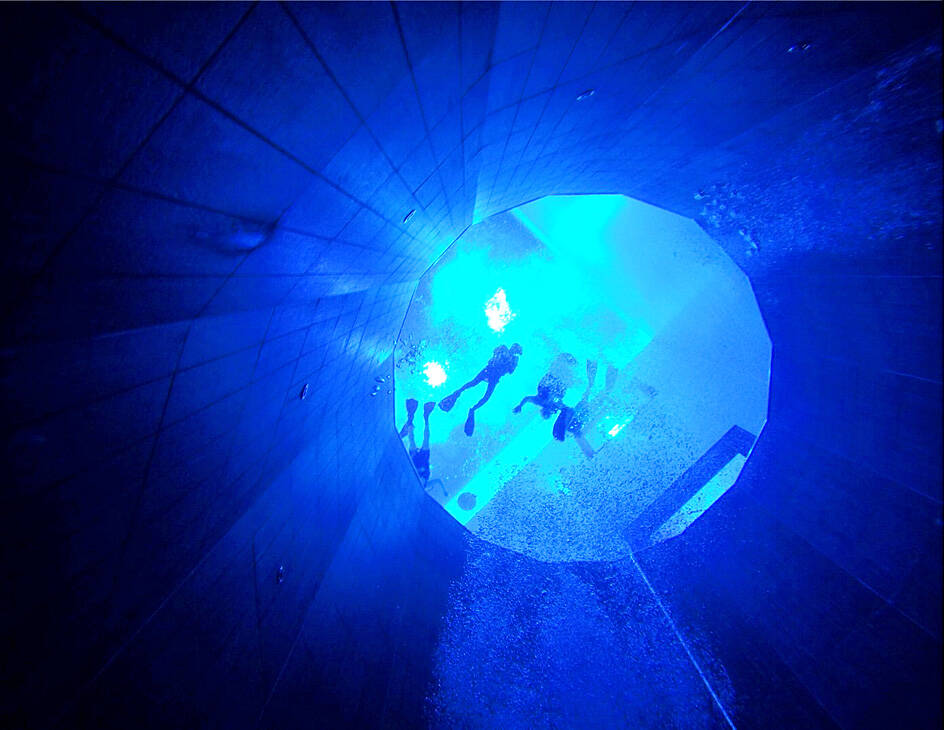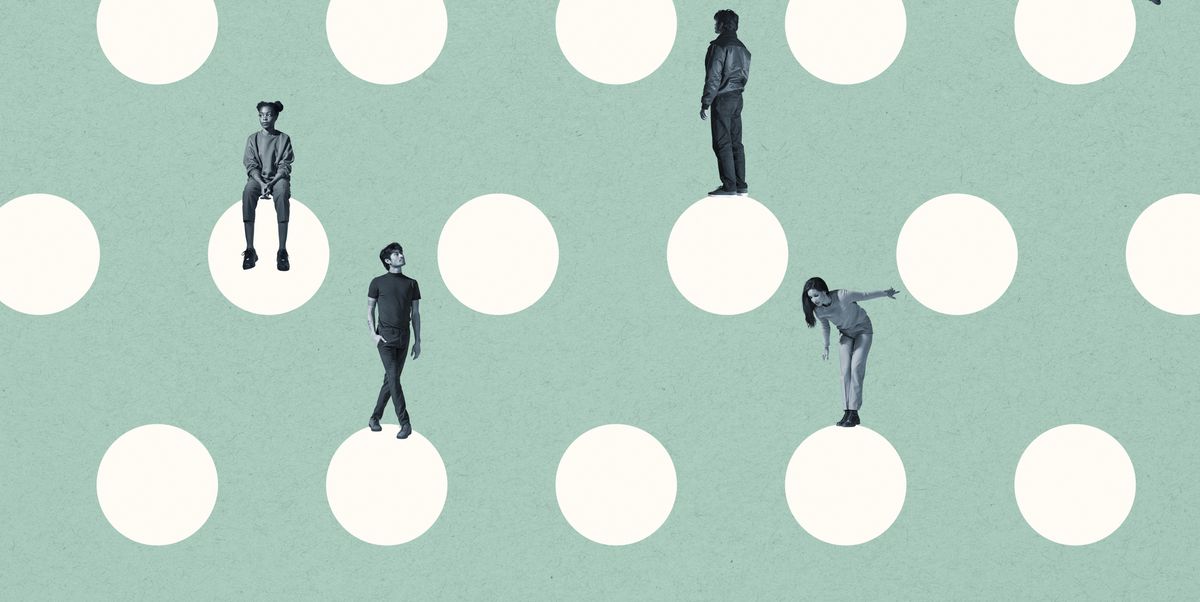- Messages
- 54,368
- Reaction score
- 8,481
- # of dives
- 500 - 999
I used to think that freediving was a simple endeavor, totally unaware of shallow water blackout.

 www.taipeitimes.com
www.taipeitimes.com

Free-diving student recovering: hospital - Taipei Times
Bringing Taiwan to the World and the World to Taiwan
Free-diving student recovering: hospital
DANGEROUS SPORT: Most beginners are not aware of the danger of holding their breath for extended periods, which can lead to loss of consciousness, an expert said
A student diver who lost consciousness while training at Taichung’s Divecube Hotel on Sunday is recovering and in a stable condition, hospital officials said.
The 20-year-old student, surnamed Yang (楊), likely blacked out during the dive, the officials said, adding that they are monitoring his condition to ensure he has fully recovered.
Yang was among several students taking instruction from an outside diving coach when he blacked out during the training, Divecube director Wang Ching-ping (王景平) said.
“People onsite pulled him out, but in the haste, the student got bumped on the head, sustaining bruises and slight bleeding,” Wang said.
“Our coaching staff gave him oxygen to help him breathe and he had regained consciousness by the time the ambulance arrived,” he said.
“The student told our staff that he just felt more tired than usual... We helped him to the ambulance and will continue to follow up and provide assistance for his recovery if needed,” he added.
Touting itself as Asia’s deepest diving pool, the DiveCube is 21m deep — equivalent to a seven-story building. It has five diving depths — 1.3m, 3m, 7m, 11m and 21m.
Aside from diving, the hotel offers accommodation, water recreation and other leisure activities.
A certified diving coach, who identified himself as “A-ping,” said free-diving might be appealing, but it is quite a dangerous activity.
Free-divers do not use oxygen tanks, so they have to hold their breath for as long as they can, he said.
It is attractive to swimmers as they are unencumbered by artificial devices and can move in the water freely, getting as close as possible to sea creatures, he added.
However, holding their breath for a certain period could cut off the oxygen supply to their brain, leading to blackouts or loss of consciousness, he said.
“Most beginners are not aware of this, and tragedy can often happen. Blacking out is definitely a nightmare for people engaged in free-diving, so people must be aware of this,” he said.




